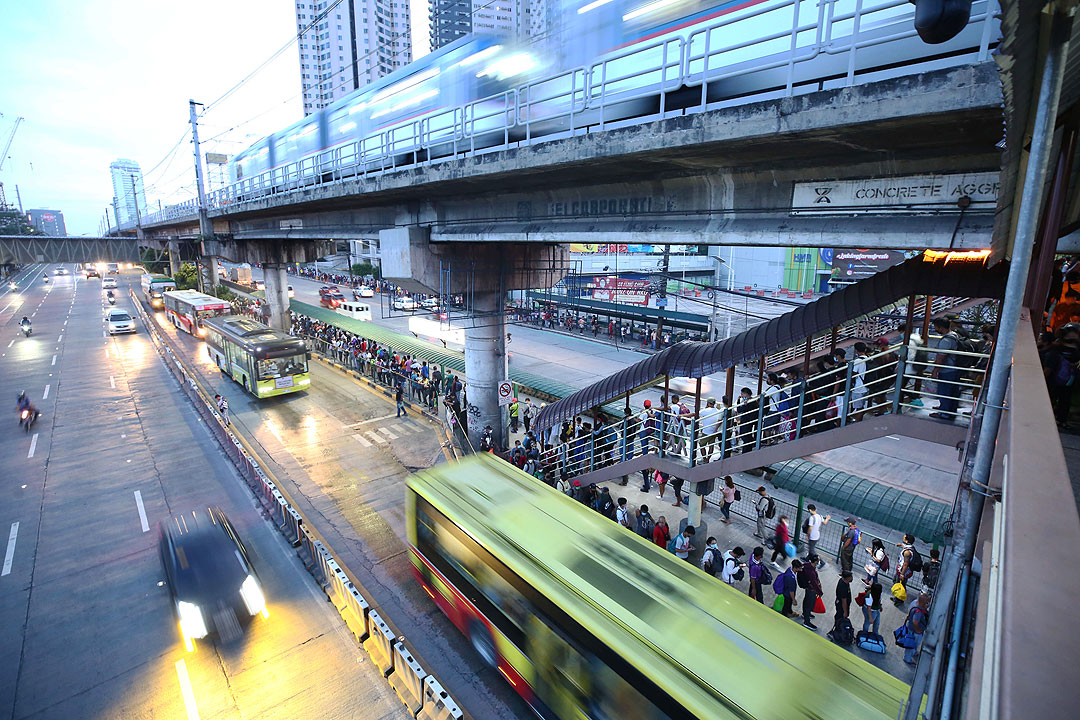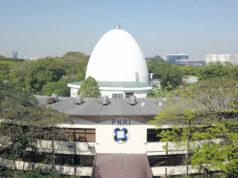
THE Department of Transportation (DoTr) broke ground on the EDSA Busway Concourse, signaling the start of the construction of the project in partnership with SM Prime Holdings, Inc. (SMPHI).
“We will be establishing convenient access to the EDSA Busway — right in the middle of overlapping transport infrastructure projects,” Transportation Secretary Jaime J. Bautista said in a statement.
The DoTr said the project is expected to be completed by July 31.
The concourses will be constructed at SM North Edsa, SM Mega Mall and SM Mall of Asia.
Funding for the design and construction of the concourse will be provided by SMPHI, the DoTr said.
The company has disclosed that it had invested around P120 million in the project.
The EDSA Busway bridge with concourse features a ticketing booth, turnstiles for automatic fare collection, ramps and elevators.
The project is designed to provide convenient access to the stations of the EDSA busway. Once finished, the concourse is expected to serve around 300,000 commuters daily.
“This concourse leading to the busway should be counted as a (corporate social responsibility) CSR initiative that addresses one of the DoTr’s goals — accessibility,” Mr. Bautista said.
In a separate statement, the DoTr said construction for the South Commuter Railway Project in Cabuyao, Laguna has started.
The South Commuter Railway is part of the P873.6-B North-South Commuter Railway (NSCR), which has been identified as a priority project by the government. The NSCR will connect New Clark City in Tarlac, and Calamba in Laguna via high-speed train.
The DoTr said the projected started boring for pilings.
The segment around Cabuyao has been valued at P25.83 billion and includes 10.3-railway linking Cabuyao to Chipeco Ave., Calamba City.
The 147-kilometer NSCR will connect Malolos, Bulacan with Clark International Airport, and Tutuban, Manila with Calamba, Laguna.
The project is being co-financed by the Japan International Cooperation Agency and the Asian Development Bank. It will have 35 stations and three depots.
Once fully operational, the NSCR system is projected to reduce travel time between Clark and Calamba to two hours, against the current four to 4.5 hours. — Ashley Erika O. Jose



